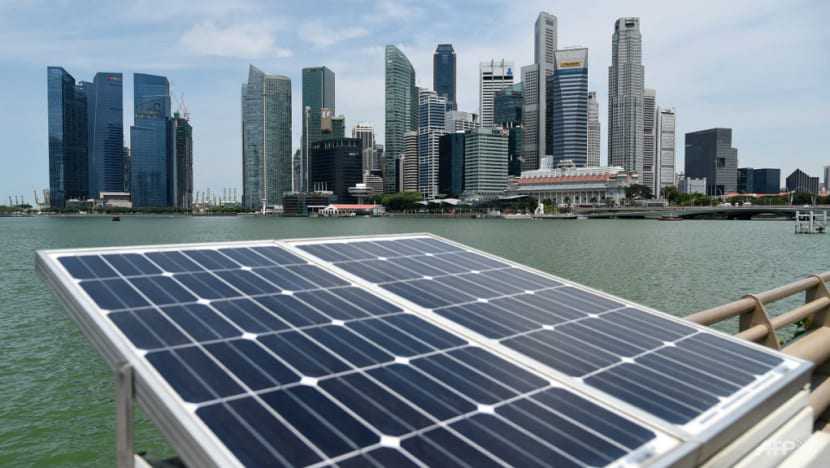Singapore intends to import 30% of its electricity supply from low-carbon sources by 2035
25 October, 2021

Singapore intends to import up to four gigawatts (GW) of low-carbon electricity by 2035, which will make up about 30 per cent of Singapore's electricity supply in that year.
This comes as Singapore looks to decarbonise its power sector and diversify its energy supply sources to enhance security.
In a media release on Monday (Oct 25), the Energy Market Authority (EMA) announced that it intends to issue two requests for proposal for up to a total of 4GW of low-carbon electricity imports.
These requests will outline the requirements, including how electricity imports should be from low-carbon sources, said EMA.
"Proposals for electricity imported from coal-fired generation sources will not be accepted," it added.
The first request for proposal, which will be launched next month, will import up to 1.2GW of electricity and begin by 2027. The second one is expected to be issued in the second quarter of 2022, and will be for the remaining quantities of electricity imports by 2035.
The requests for proposals for electricity imports will allow Singapore to further its efforts in developing regional power grids and supporting regional decarbonisation, while supporting climate action and diversifying energy sources, said EMA.
Besides the low-carbon electricity imports, the remaining electricity supply will continue to come from various sources, ranging from the current natural gas-fired power plants to solar and waste-to-energy sources.
Speaking at the opening of the Singapore International Energy Week, Minister for Trade and Industry Gan Kim Yong said importing low-carbon energy will be a "key needle mover" in Singapore's energy transition in the near to medium term.
While the country is pushing the boundaries to reduce its carbon footprint, such as enhancing energy efficiency and harvesting solar energy, he said these efforts alone are "not sufficient".
“Increasing the energy efficiency of our natural gas power plants can, at best, reduce carbon emissions by about 10 per cent," he said.
"Even if we maximise all available space in Singapore for solar deployment, and accounting for efficiency improvements, we will still not be able to generate enough power to keep the lights on with solar energy alone.
“Meaningful abatement can only come through tapping on low-carbon energy beyond our shores, and by developing the use of low-carbon alternatives, such as hydrogen, in the longer term.
He added that the transition to renewable energy, including importing electricity, may not mean cheaper electricity.
"While the cost of generation may be lower, the costs of transmission and backup, as well as necessary grid enhancements, will add to overall costs. This is an inevitable but necessary trade-off in the energy transition,” he said.
Source: www.channelnewsasia.com
TAG(s):
